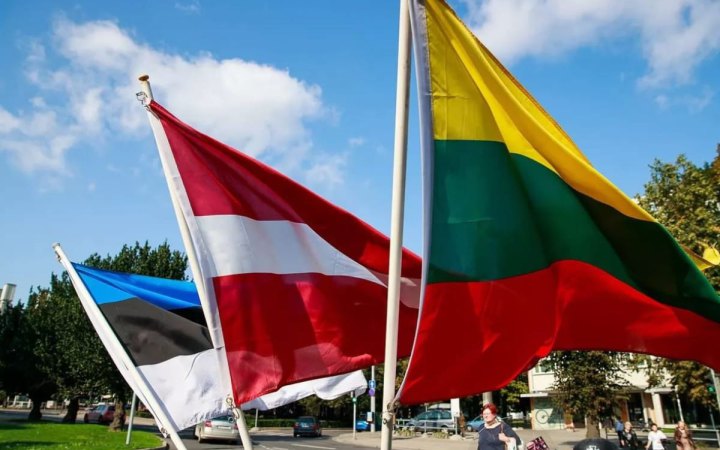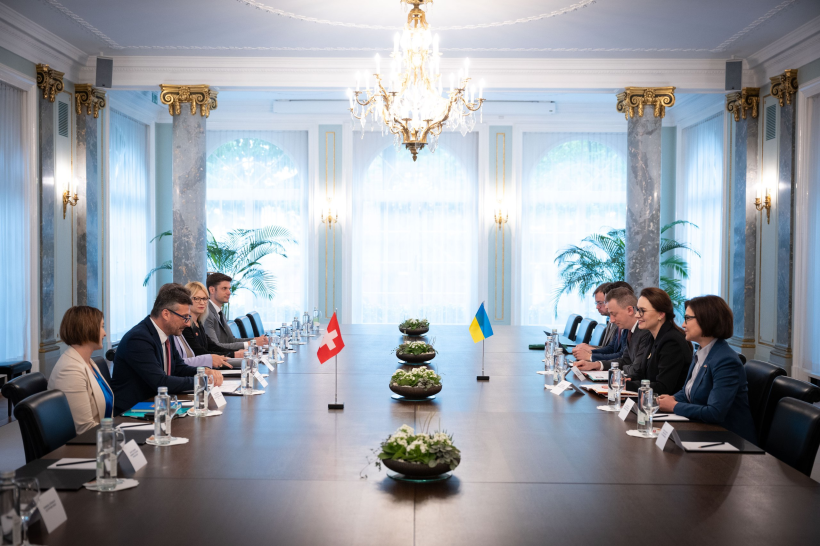Lithuania has submitted documents to UN Secretary-General António Guterres notifying its withdrawal from the Ottawa Convention, which bans the use, stockpiling, production, and transfer of anti-personnel mines.
This was reported by LRT.
“Today, Lithuania has formally notified the UN Secretary-General of its withdrawal from the MineBanTreaty. This decision was not taken lightly.
harbours no illusions: Putin’s Russia is the greatest long-term existential threat to Europe. It wages war to achieve political goals, undermines stability through sabotage, and is preparing for prolonged confrontation. ,” wrote Lithuanian Foreign Minister Gintautas Budrys on social media platform X.
According to him, faced with such threats, Lithuania will take all necessary measures to protect its state, population, and “every inch of NATO territory.”
“Lithuania’s commitment to responsible defense and adherence to international humanitarian law, including the protection of civilians, remains unwavering,” he emphasized.
It is noted that the withdrawal from the convention will take effect six months after submitting the relevant documents to the UN Secretary-General.
On Friday, June 27, Latvia and Estonia also sent the necessary documents for withdrawal.
The Lithuanian parliament adopted a decision to denounce the Ottawa Convention on the prohibition of anti-personnel mines back in May, which was later signed by the president.
The country’s Ministry of National Defense announced the regional decision to denounce the Anti-Personnel Mine Ban Convention in early March. Initially, the Baltic countries and Poland announced this step, soon joined by Finland.
Estonia also submitted the necessary documents to the UN for withdrawal from the Ottawa Convention.
“Today Estonia presented documents to the UN about its withdrawal from the Ottawa Convention. The lessons from Russia’s ongoing war against Ukraine show that to better protect our country, we must not impose unilateral restrictions on weapons that the adversary does not observe. By withdrawing from the Ottawa Convention, the Estonian Defense Forces will have greater flexibility in choosing weapon systems, tools, and solutions necessary to strengthen the country’s defense capabilities,” commented Estonian Foreign Minister Margus Tsahkna.
According to him, Estonia remains committed to full compliance with international humanitarian law and the protection of civilians after leaving the convention. The country will also continue supporting humanitarian demining projects and assistance to victims of armed conflicts.





















